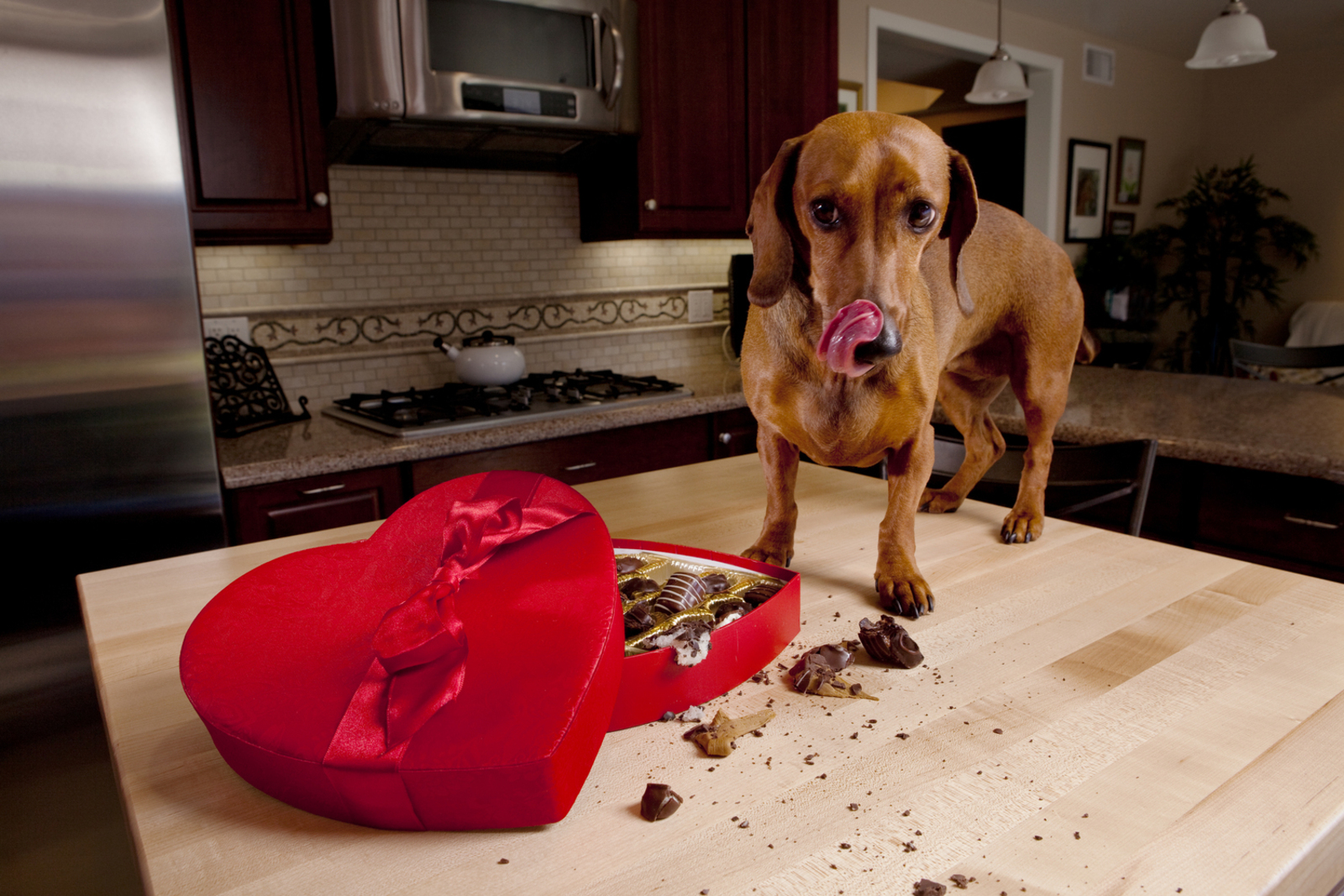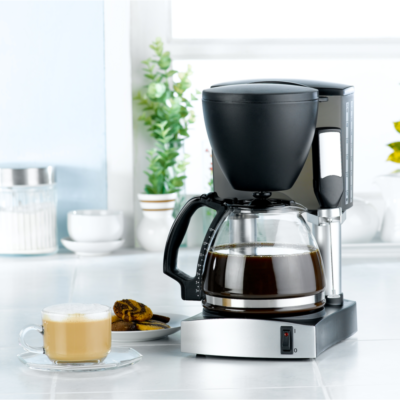
Human Foods That Are Toxic for Dogs
We love our dogs, and we love feeding them treats—aside from their regular canned dog food or puppy food—to reward them for being the cutest, sweetest little companions. However, there are some foods that, while perfectly fine for us to consume, may actually cause harm to our furry friends, whether they are at home or at a pet friendly oceanfront rental or pet friendly resorts.
Investing in pet insurance is a proactive step towards managing unexpected veterinary bills, ensuring that your pet receives the best care without financial strain. Additionally, an electric dog fence can play a crucial role in pet health by preventing pets from wandering into dangerous areas, thereby reducing the risk of accidents and injuries. Together, these tools help pet owners safeguard their furry friends’ well-being.
Keep reading to learn more about 4 human foods that are toxic for dogs and should therefore be avoided:
1. Caffeine
Have a dog that loves getting into your coffee? Well, no matter how cute it might be, it’s best to keep them away from your caffeinated drinks. When ingested in large amounts, lung failure or abnormal heart rhythm can result, potentially leading to death. Unfortunately, dogs absorb caffeine very quickly, and said caffeine stimulates their nervous system and can increase their heart rate—many cases of death resulting from a caffeine overdose have been reported. If your dog consumes caffeine, you may notice that 2-4 hours after consumption, your furry friend is experiencing excessive thirst, vomiting, diarrhea, restlessness, and a lack of bladder control. As such, to avoid vet visits or even worse fates, it’s best to keep your pup away from your fresh cup of morning Joe.
2. Chocolate
Perhaps this is the most known toxic human food for dogs. Thanks to its theobromine and caffeine content—both stimulant chemicals that are incredibly hard for dogs to metabolize—chocolate is toxic for dogs. Although the severity of side effects can vary based on the size of your dog—as well as what type of chocolate has been consumed, as the darker and less sweet a chocolate is, the more harmful it is for your dog—potential symptoms include diarrhea, dehydration, vomiting, and stomach pain. Progression of these side effects can lead to even more dire issues such as internal bleeding, seizures, death, muscle tremors, and heart attacks.
3. Salt
Salt overconsumption in dogs can result in water deprivation or salt poisoning, which in turn can cause neurological disorders, vomiting, depression, fevers, seizures, tremors, and cerebral edema. In very severe cases, salt poisoning or water deprivation can even lead to death. Thus, giving your dog salted foods such as chips or pretzels isn’t recommended. If you believe that your dog has consumed a dangerous amount of salt, it’s important to reach out to your vet as soon as possible and—if not already done—make sure that your pet has access to fresh, clean drinking water.
4. Grapes and raisins
Whether or not grapes or raisins are toxic may vary from dog to dog, but it’s always safe to stay away from them, as they have been related to kidney failure in some dogs. Furthermore, diarrhea, vomiting, and lethargy can all occur within the 12 hour window of consumption, which can lead to decreased appetite, dehydration, and increased—followed by decreased—urination if left untreated. Death from kidney failure can occur as quickly as three to four days after consumption, so it’s crucial to take your dog to the vet if they’ve ingested a grape or raisin and are experiencing any of the aforementioned symptoms.


